Data Science with Python Lab Write up Submission Course
- Teacher: anup kunte
- Teacher: Admin User
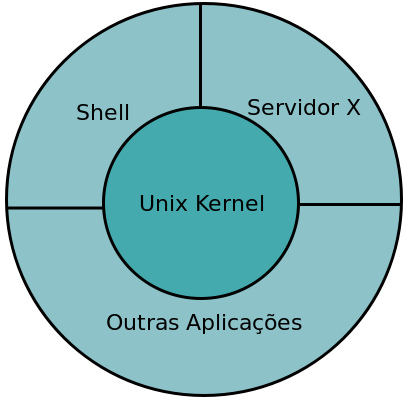
This is Course page for Unix Lab Ay 23-24
- Teacher: Admin User
- Teacher: anup kunte
- Teacher: Megha Pujari
- Teacher: Admin User
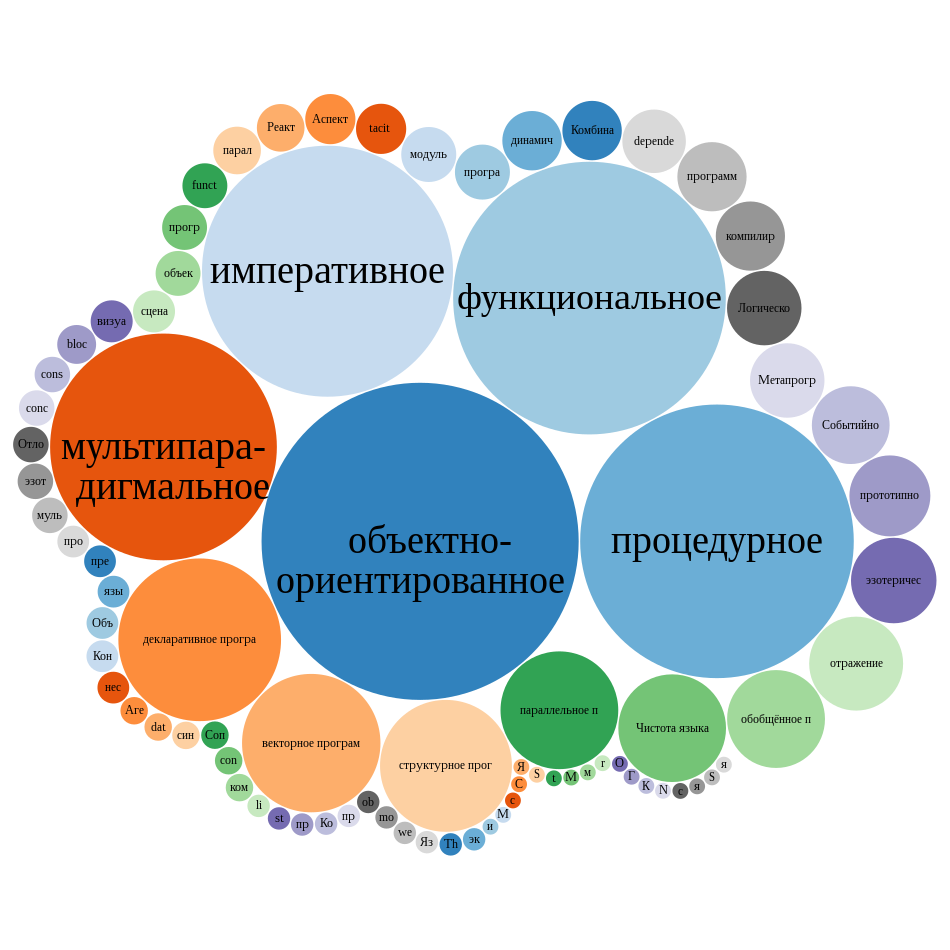
This is Course Content for CPPL (Computer Programming Paradigms Lab) course from SEIt SEM III
- Teacher: Admin User
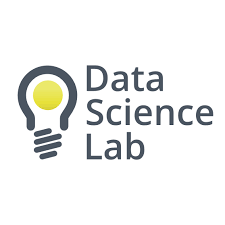
The course has Six modules namely:
- Uncertainty in AI ( 1 Practical)
- Cognitive Computing (1 Practical)
- Fuzzy Logic & Its
Applications (1 Practical)
- Introduction to Deep
Learning (3 Practical)
- Advanced ML
Classification
Techniques (2 Practicals)
- Mini-project on
trends and
applications in Data
Science (Mini Project Report)
The Lab involves Completion of above said practical sessions During ODD SEM. We have organised this course to contain 6 Modules that need to completed each week by all batches and write ups need to be submitted in written or typed format as asked in assignments in every Module.
- Teacher: anup kunte
- Teacher: Admin User
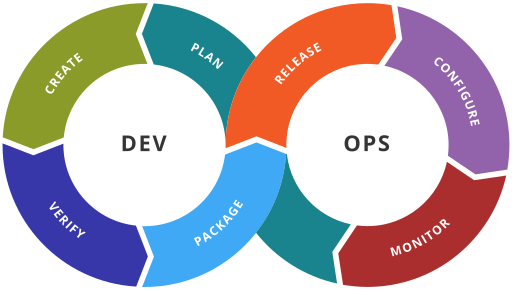
During these courses we :
- To understand DevOps practices which aims to simplify Software Development Life Cycle
- To be aware of different Version Control tools like GIT, CVS or Mercurial
- To Integrate and deploy tools like Jenkins and Maven, which is used to build, test and deploy applications in DevOps environment
- To be familiarized with selenium tool, which is used for continuous testing of applications deployed.
- To use Docker to Build, ship and manage applications using containerization
- To understand the concept of Infrastructure as a code and install and configure Ansible tool.
- To understand DevOps practices and cloud native environments to achieve continuous software delivery pipelines and automated operations that address the gap between IT resources and growing cloud complexity.
- To Use Kubernetes services to structure N-tier applications.
- To be familiarized with Infrastructure as code for provisioning, compliance, and management of any cloud infrastructure, and service.
- To understand that security and speed in software development are not inversely-related objectives Internalizing the contribution of tools and automation in DevSecOps
- To understand various troubleshooting techniques by monitoring your entire infrastructure and business processes
- To understand how software and software-defined hardware are provisioned dynamically.
- Teacher: anup kunte
- Teacher: Admin User
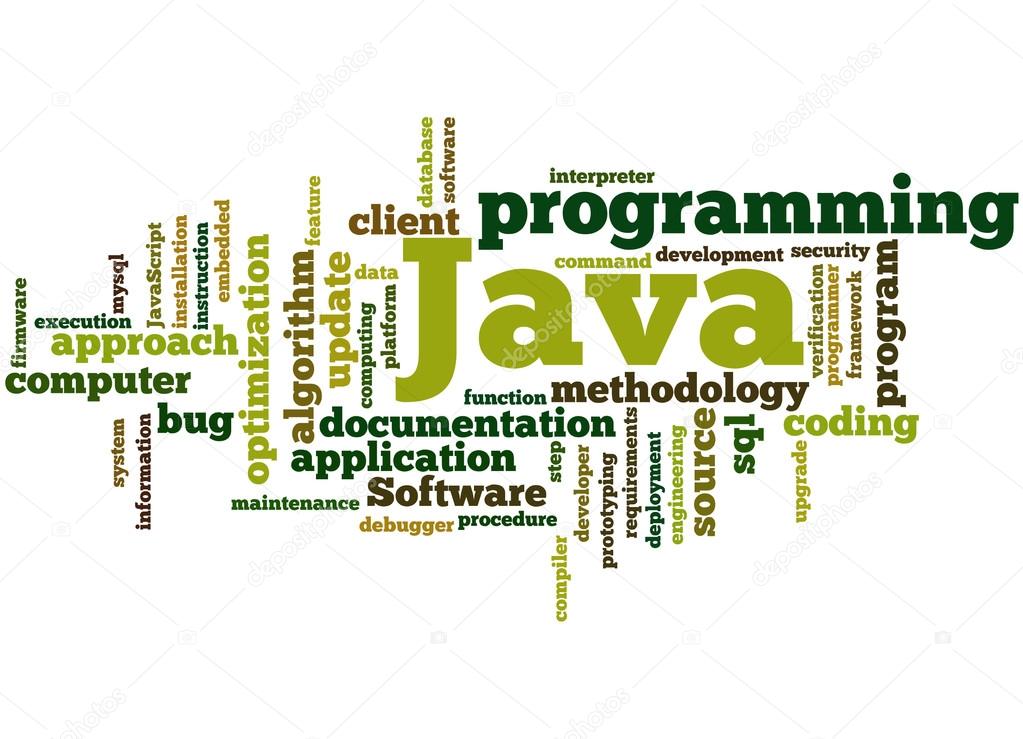
Java Lab (SBL)
Lab Objectives:
The Lab experiments aims:
- To understand the concepts of object-oriented paradigm in the Java programming language.
- To understand the importance of Classes & objects along with constructors, Arrays ,Strings and vectors
- To learn the principles of inheritance, interface and packages and demonstrate the concept of re-usability for faster development.
- To recognize usage of Exception Handling, Multi threading, Input Output streams in various applications
- To learn designing, implementing, testing, and debugging graphical user interfaces in Java using Swings and AWT components that can react to different user events.
- To develop graphical user interfaces using JavaFX controls.
Lab Outcomes:
On successful completion, of course, learner/student will be able to:
- Explain the fundamental concepts of Java Programing. L1, L2
- Use the concepts of classes, objects, members of a class and the relationships among them needed for a finding the solution to specific problem. L3
- Demonstrate how to extend java classes and achieve re-usability using Inheritance, Interface and Packages. L3
- Construct robust and faster programmed solutions to problems using concept of Multi threading, exceptions and file handling L3
- Design and develop Graphical User Interface using Abstract Window Toolkit and Swings along with response to the events. L6
- Develop Graphical User Interface by exploring JavaFX framework based on MVC architecture. L6
- Teacher: anup kunte
- Teacher: Megha Pujari
- Teacher: Admin User